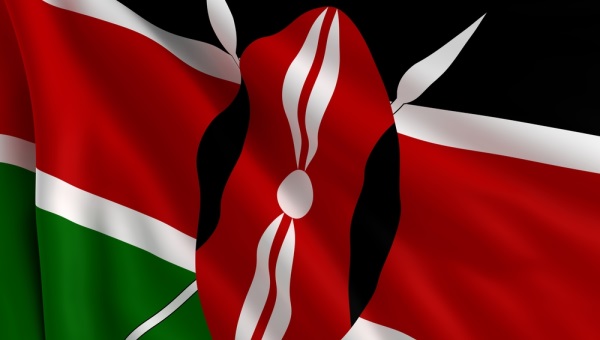‘Technology exists to lower Kenya’s money transfer costs’
‘Technology exists to lower Kenya’s money transfer costs’

Kenyans living abroad could soon send money back to their families and friends in the country at lower costs.
This comes after President Uhuru Kenyatta revealed that Kenya’s government in the process of utilising existing technologies to negotiate for lower cash transfer rates.
President Uhuru Kenyatta said this while addressing Kenyans living in Qatar, where he was on an official state visit.
“The technology is available,” Kenyatta said.
“What we need is to ensure that our Kenyan banks can work with other countries where Kenyans are employed to see how they can send their money home at the least possible expense,” he added.
The president was referring to various money transfer channels in the country, with top on the list being M-Pesa, which is proving especially popular especially among those living in remote areas where the likes of Western Union and direct bank transfer services do not exist yet.
Data from the Central Bank of Kenya on cash remittances by Kenyans living in diaspora showed that the country received inflows of Kshs 100 billion ($1.177 billion) by the end of 2013, making it the highest ever recorded remittances in the country’s history.
CBK attributed this 31% rise in transfer of funds to more efficient and widely spread mobile banking services led by telecom firms in partnership with banks.
Speaking to ITWeb Africa, Michael Korir, a former banker and now portfolio manager at investment firm Baobab Capital, said, “I believe we are yet to see what the existing technologies in the money sector can do to the economy of this country, now that banks and other international money transfer services are embracing the ‘mobile money revolution’”
“Kenyans living abroad now have direct money transfer links to their families thanks to the existing mobile money transfer services, as opposed to few years ago where they had to go through agents in their host countries in order to send money: a process that was tedious and sometimes discouraging,” added Korir.
“If the government moves towards reducing the taxes charged on these transactions, negotiate with the banks and the telcos-who have become important players in money transfer services, then the country’s economy will receive a major boost from these diaspora Kenyans,” he concluded.